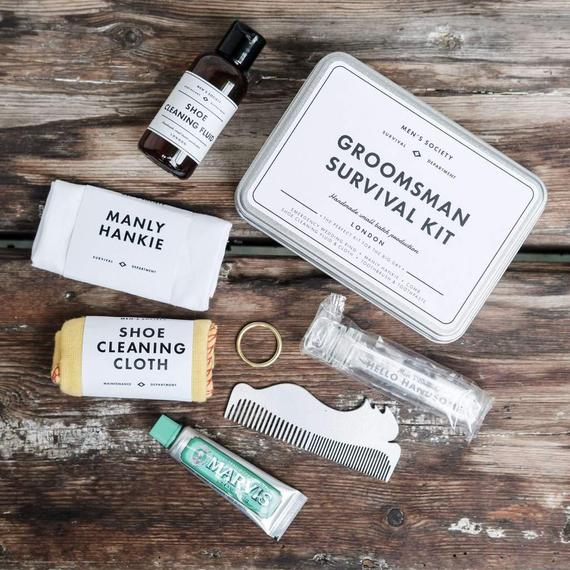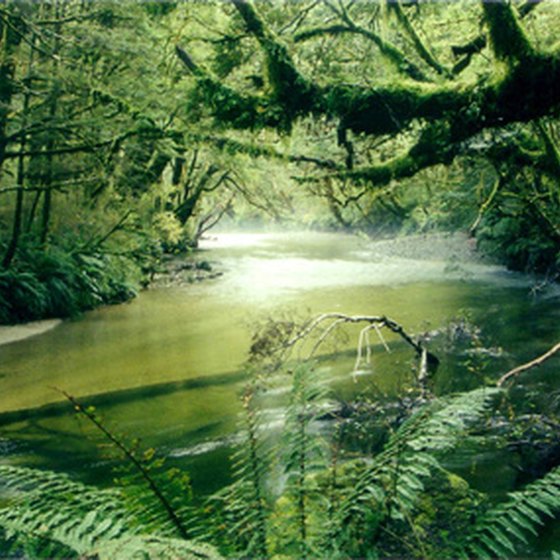
Family emergencies can occur when unexpected circumstances or events happen that could lead to the separation of family members. It can happen at home, in school, or at work and can be life-threatening if you do not have an emergency plan.
The best way to protect your loved ones and ensure everyone knows how they can reconnect after a disaster is to create an emergency plan. It is also essential to involve children in planning so that they are aware of what to do if disaster strikes.
Begin by gathering all the information necessary to create a family emergency plan. Include the names, addresses and telephone numbers of all household members. Make a list of your allergies and medications. A copy of each person's health information is helpful so that doctors can quickly access it.
Preparing a list with all your contact information (including cell phone numbers) and posting it in an easy-to-find place is a good idea. Keep a copy of this document in your home and another in a secure location where it is accessible for use when you are away from home.

You should create an emergency communications strategy that includes evacuation routes and meeting locations for family members. Make sure you have a backup plan in place and that you can make changes if an emergency arises.
A family meeting place should be easy to locate. It could be your neighbor's house or somewhere safe. This will be the place you'll all meet to reconnect if something happens and you're unable to return home.
Your children should be taught how to dial 9-1-1. They also need to know who to call in case of emergency. Make sure that each child has an emergency card with the contact information and phone number of a person you can call for assistance.
You can take a CPR/first aid course for your entire family. This is particularly important for older children, senior citizens, and anyone who might need extra care in an emergency.
Your family should create a family emergency plan. This will outline what each family member will do in the event of a disaster. Talking to your family about these subjects can reduce fear and anxiety. It will also help you prepare for the worst.

A family emergency plan can help you stay connected to your loved ones in the event of a disaster. It may even save lives. It will also provide you with peace of mind that you have a plan in place to stay safe.
Prepare a list containing all of your contact information. This list should be updated as needed.
You should always keep enough batteries and a portable, battery operated radio/TV in your emergency supplies kit. This can be a critical link to the outside world, and is something that will help you remain connected to others even when there are no telephone lines.
FAQ
Why is knot-tying important for survival?
People all over the globe use knots to attach items like ropes, fishing lines and ladders. They also have many other uses, including tying bags shut, securing objects to trees, and creating makeshift shelters. A basic skill, making knots, can save lives.
What can you do to survive in an emergency situation?
There is no time to think about the next thing to say. Prepare for everything. You need to know how you will react to an unexpected problem.
You must also be ready to improvise if you find yourself in a situation where you're not sure what to do.
In a survival situation, you'll probably face problems like:
-
Finding yourself trapped in remote areas
-
Getting lost
-
Limited food supplies
-
Running low on water
-
Facing hostile people
-
Facing wild animals
-
Finding shelter
-
Combating predators
-
Setting fire to
-
Making use of tools
-
Building shelters
-
Hunting
-
* Fishing
Why are basic survival skills important?
Basic survival skills include being able to shelter yourself, make fire, shelter, hunt and fish. These skills are critical no matter where one lives, but they are especially important when travelling alone or in remote regions.
Survival skills also include things like first aid, self-defense, navigation, communication, and wilderness medicine. These are life-saving skills that must be learned before you venture into the unknown.
While you may not have the time or resources to learn these skills, there are many other useful skills that could be of benefit. For example, if you plan on spending your vacation hiking through the mountains, learn some mountaineering techniques if you plan to go camping in the desert, learn how to survive in extreme temperatures. There are many ways you can prepare for any situation. So don't be afraid of trying new skills.
How do I pick the right knife?
It can be hard to find the right knife. There are many brands that claim their knives to be the best.
Which one is the best? How do you choose?
You must first consider the tasks that you intend to do with your knife.
Do you have the ability to cut wood or skin animals?
Is it for fishing or hunting? Are you going to use it for camping cooking?
Is it going to be used to open bottles or cans of beer? Do you intend to open packages and boxes?
Does your knife need to be strong enough to withstand heavy loads?
How about cleaning it after each use? How often are you going to wash it?
Is it necessary to keep its edge over time?
What are the essential skills required to survive in the wild?
When you live off the land, the most important thing to learn is how to light a fire. Not just about lighting a candle, but also how to use friction and fire flint to start a campfire. You also need to know how to avoid getting burned by the flames.
It is important to understand how to create shelter using natural materials such as leaves, grasses, and trees. To keep warm at night, you'll need to be able to use these materials in the best way. You should also know how much water your body needs to survive.
Other survival skills
While these things can help you live longer, they won't be as important as learning how to light a flame. Even though you can eat many types of animals and plants you won’t be cooking them if the fire doesn’t start.
You will also need to know where and how to find food, including edible animals. This is important because you could be starving or becoming sick if you don’t know.
Why basic survival skills are important
While you might not always have access water or food, being prepared will ensure that you survive for longer.
You must learn how to take care of yourself and others. If you don’t know what to do, you will not last long in times of crisis.
If you are going into the wilderness and need to stay alive, then you need to learn how to build shelters, make fires and find food.
These are all essential skills that everyone should know. These skills will enable you to remain safe and sound while camping.
Statistics
- The downside to this type of shelter is that it does not generally offer 360 degrees of protection and unless you are diligent in your build or have some kind of tarp or trash bags, it will likely not be very resistant to water. (hiconsumption.com)
- The Dyrt PRO gives 40% campground discounts across the country (thedyrt.com)
- Without one, your head and neck can radiate up to 40 percent of your body heat. (dec.ny.gov)
- so you can be 100 percent hands-free, and there's less chance you'll put your torch down and lose it. (nymag.com)
External Links
How To
How to Find Edible Plants or Animals in Emergencies
In emergency situations, edible plants and animals can be a vital food source. Because they provide energy and nutrients that are not available in normal food, you should include them in your emergency kit. These can be used to make medicine and cosmetics.
You must know where the plants are located and what type of climate they like. This information will help you quickly identify them. It's not possible to know everything about every animal and plant species. There are some rules that apply to all animals and plants.
You can assume that a plant or animal likes moist soil if it's found near water. Shiny leaves are a sign that the plant has recently been watered. If you see ants near a plant, this means the plant is providing nectar for bees. These simple observations will save you time and help you find useful animals and plants during an emergency.
Books written by experts in botany and Zoology can help you to learn more about edible animals and plants. You can also find documentaries on rural life and talk to those who live there. You don't have to be an expert on animals or plants. Just follow these steps:
-
Look for animals and plants that grow near water.
-
Be aware of the growth patterns of animals and plants.
-
Learn about the natural habitats that plants and animals live in. You can search for areas with particular soil types, climates, or vegetation.
-
Identify the parts of plant and animal that you are able to eat.
-
Learn how you can cook both animals and plants.
-
To get a taste for wild animals and plants, practice it.
-
Be careful while collecting wild plants and animals. Do not pick from endangered species.
-
It is important to properly store wild plants and animals. They must be kept out of direct sunlight.
-
Always wash your hands after handling wild plants and animals.
-
Before eating fruit and vegetables, wash them.
-
Avoid eating raw meat and fish unless you are sure it's safe.